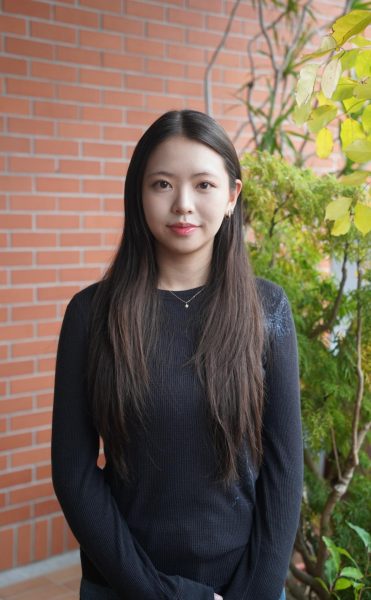In recent years, in light of the competitive nature surrounding college applications in Upper School, the college counseling team has increased efforts to shift the topic of college into as much of a personal concern as possible. Taipei American School (TAS) has inevitably created a culture and community that is driven by academic success and competition, and the same can be said for college admissions.
As college counselors have inferred from past graduating classes, college admissions can be a touchy subject for many, especially regarding discussion about college decisions. With the frenzy of rumors and opinions that swirl upon each wave of admissions often comes feelings of shame, sadness and anxiety. Therefore, college counselors have discouraged the discussion of college admission results in order to prioritize the health and well-being of students across the grade. “The community is so results-focused and oriented that providing this information is not helping us move in the direction of focusing on the process and the joy of actual learning,” Ms. Sean Huang, an Upper School college counselor, said.
The Blue & Gold used to run a section in the last issue of the year with a list of schools that TAS seniors were attending that year, without names attached. However, the college counseling team has brought up several concerns that this may cause students. For one, although names are not attached to the schools, publishing the list generates curiosity about the students. “If we’re focusing the data only on this year’s graduating class, it’s too easily identifiable,” Ms. Huang said. “It’s a small community, even if you don’t put the numbers or names, it’s easily identifiable.” This ultimately creates a climate of speculation and rumors, which can feel like an invasion of privacy for students. Another issue brought up was the context of the list. By making it explicit what TAS schools students attend, it implicitly sets an example for what future TAS students should aspire to be, essentially pushing a “TAS-approved” list of universities. “[TAS] itself has a reputation, and you don’t know how people are going to interpret data,” Ms. Huang said. “I hear a lot about the stress that students experience in Upper School here, related to academics, related to the competition they feel between peers, so all of what we do and the policies that we put in place are about trying to keep it private.”
While the policies are meant to protect the privacy of students, the college counseling team makes it clear that they are not against celebrating the schools students attend, but simply want the choice to share that information to belong to the student. “I know that students are celebrating in a different way. There’s an Instagram account where some students are posting where they got in and for what major,” Ms. Huang said. “So there have been other ways where the celebratory aspect has been done.”
Overall, the college counseling team suggests that students celebrate their differences and embrace the journey of college applications. “There’s no one size fits all,” Ms. Huang said. “The journey is always more rewarding than whatever the result is.”

![A collection of college flags. [PHOTO COURTESY OF AMBER HU ('27)]](https://blueandgoldonline.org/wp-content/uploads/2025/05/IMG_5029-1200x577.jpeg)
![A myriad of impressive trophies and awards. [ANNABELLE HSU/THE BLUE & GOLD]](https://blueandgoldonline.org/wp-content/uploads/2025/09/Awards2-1200x512.jpeg)
![Students' calendars say goodbye to exam week. [ANNABELLE HSU/THE BLUE & GOLD]](https://blueandgoldonline.org/wp-content/uploads/2025/09/Exam-week-1200x740.jpg)

![An SAT word cloud. [PHOTO COURTESY OF WORDCLOUDS]](https://blueandgoldonline.org/wp-content/uploads/2025/05/SAT.jpeg)
![Collage of banned books, including “The Handmaid’s Tale” by Margaret Atwood. [MINSUN KIM/ THE BLUE & GOLD]](https://blueandgoldonline.org/wp-content/uploads/2025/04/IMG_4274-1200x681.jpeg)

